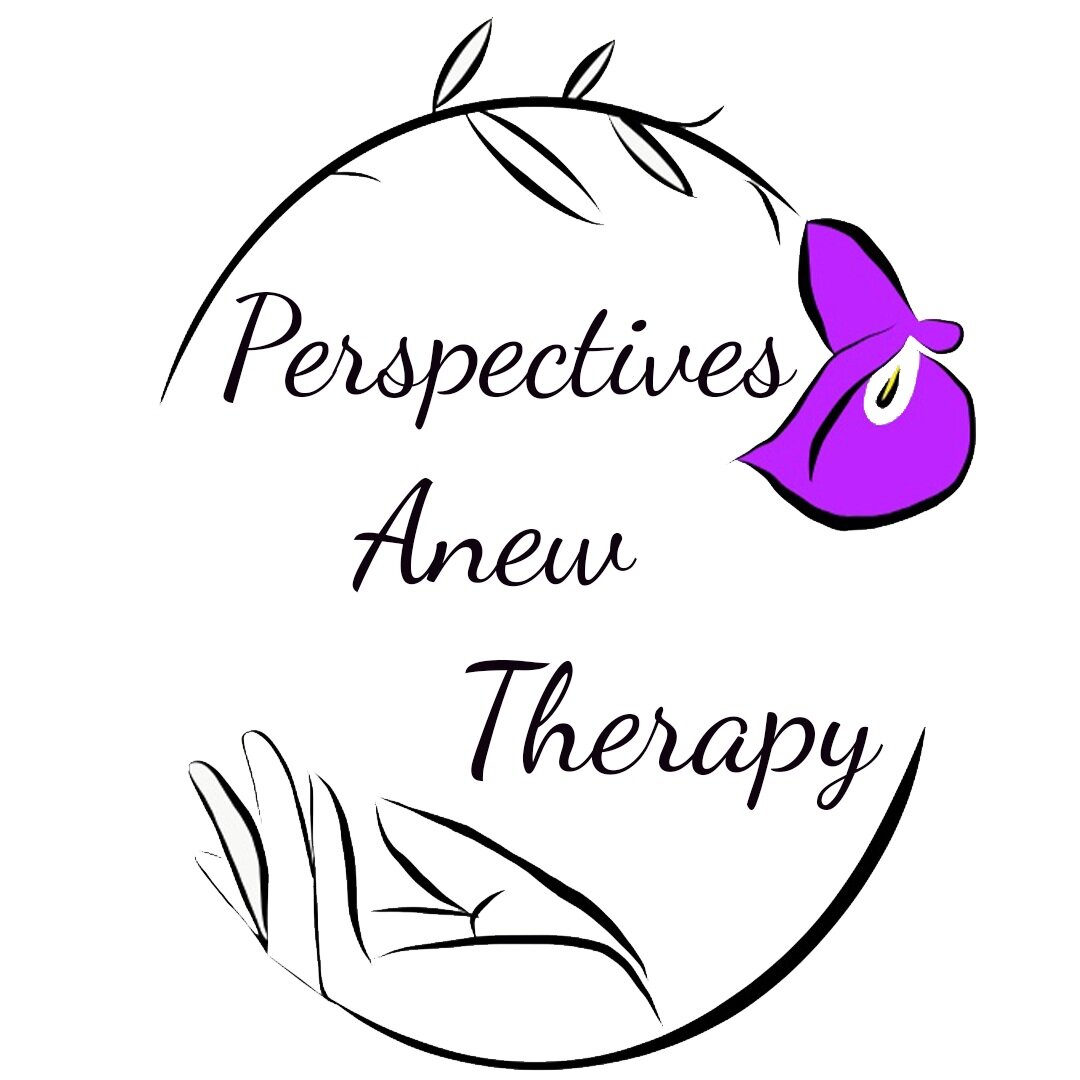Trauma Bonding
Trauma bonding is defined as a psychological response to abuse in which the victim develops an unhealthy bond with their abuser. This occurs because the victim develops sympathy for their abuser which is then reinforced by cycles of abuse, devaluation, and positive reinforcement. When abuse is being alternated with kindness and intimacy it causes extreme confusion for the victim. Many abusive relationships start off as affectionate with assurance of love only for abuse to later begin. At this point, the victim is typically confused while the abuser promises to change, apologizes, or makes an excuse for the abuse.
Manipulation usually works for abusers because the victim remembers the “early days” and believes that person will come back. An example of a trauma bond would be a child and their abusive parent, the hostage and their kidnapper, and members of a cult and their leader. Trauma bonding is able to occur because of attachment, dependence, the freeze response, certain hormones, and cycles of abuse. Signs that indicate a trauma bond are cyclical nature of abuse, power imbalance, a lack of feelings towards your partner with an inability to end the relationship, fixating on the “good days,” and making excuses for the abusers actions. Additional signs include covering for the abuser, distancing yourself from those who call out your abuser, becoming hostile if others try to intervene, and a reluctance to break the bond.
Trauma bonding can occur in many different scenarios such as domestic abuse, child abuse, elder abuse, exploitative employment, incest, human trafficking, religious extremists or cults. This bond will develop when the victim feels a sense of danger from their abuser, experiences harsh treatment with short periods of kindness, is isolated from others, and believes they cannot escape.
To break a trauma bond victims should focus on the present in order to avoid attaching onto a sense of hope that the abuser will change and collect evidence. Additionally, victims should practice positive self-talk because abuse lowers self-esteem and taking care of oneself can reduce the desire to turn to the abuser for comfort. If you or a loved one find yourself in a trauma bond we at Perspectives Anew Therapy are here to help you. For immediate help, please call the National Domestic Violence Hotline at (800) 799-7233.
